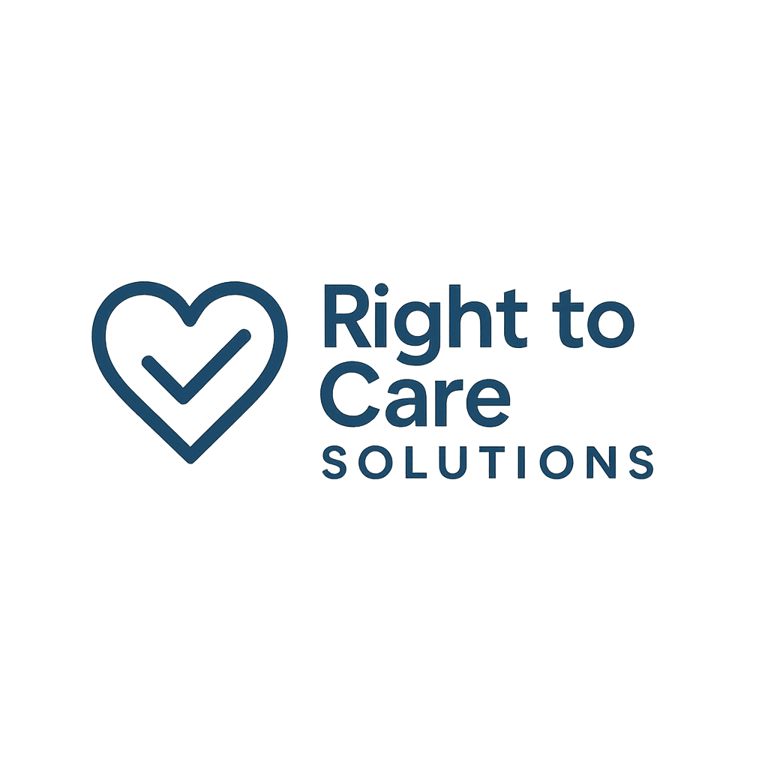FDA Approval: What It Means for Your Insurance Coverage
9/8/20252 min read


Understanding FDA Approval
When it comes to medical treatments and procedures, seeing the FDA (Food and Drug Administration) approval can feel like a green light. It suggests that a product or procedure has undergone rigorous testing to ensure its safety and efficacy. However, one common misconception is that just because a treatment is FDA approved, it will automatically be covered by your medical insurance. Unfortunately, that's not the case.
Why Isn't FDA Approval Enough?
Insurance companies operate on different criteria than what the FDA assesses. While the FDA focuses on whether a procedure is safe for public use, insurance companies evaluate the treatment based on medical necessity and its cost-effectiveness. A treatment being FDA approved doesn't mean that insurers will view it as a routine practice or an essential service. Factors such as the treatment’s track record, the availability of less expensive alternatives, and guidelines from medical boards all play a significant role in whether a procedure will be covered.
What Can Patients Do?
If you find yourself facing an FDA-approved treatment that isn’t covered by your insurance, don’t lose hope. Here are some steps you can take to advocate for your health and make informed decisions:
Check with Your Insurer: The first step should always be to contact your insurance provider. They can provide detailed information about what is covered and the criteria for coverage.
Discuss with Your Doctor: Sometimes, a doctor can help demonstrate the medical necessity of a treatment, which might persuade your insurance company to reconsider its stance.
Explore Financial Assistance: Some medical facilities offer payment plans or assistance for patients facing high out-of-pocket costs. Don't hesitate to ask.
Remember that navigating insurance and healthcare can be complex, but staying informed and proactive can significantly impact your health journey. In conclusion, while FDA approval is an important milestone for any medical treatment, it is crucial to recognize that it does not guarantee insurance coverage. Always research, ask questions, and advocate for your health without assuming that all perks come with an approval stamp!
Don’t let insurer roadblocks decide your care. With the right persistence and documentation, denials can become approvals. Let Right to Care Solutions handle the process, so you don’t have to. Contact us today to start turning your denial into an approval.
Disclaimer: We at Right to Care Solutions want to be clear about what we do. We offer healthcare advocacy services like denial and prior authorization assistance, but we are not a law firm, insurer, or medical provider, and we can't guarantee outcomes.
By using our services, you agree to our Terms of Use. We comply with HIPAA to protect your information, but we aren't liable for decisions made by your insurer or provider.
Our team, which includes licensed Registered Nurses in Ohio, provides services for educational and administrative purposes only. We don't provide nursing care, medical advice, or treatment. Final medical decisions must be made with your licensed healthcare provider, as we don't prescribe medications or perform exams.
Contact
Connect
info@righttocaresolutions.com
(614) 858-3954
© Right to Care Solutions LLC 2025. All rights reserved.
1121 Worthington Woods Blvd #6333
Columbus, OH 43085
Follow us on Social
